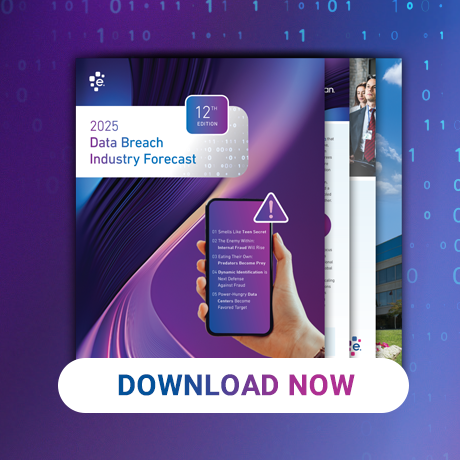With the most recent guidance newly issued by the Federal Financial Institutions Examination Council (FFIEC) there is renewed conversation about knowledge based authentication. I think this is a good thing. It brings back into the forefront some of the things we have discussed for a while, like the difference between secret questions and dynamic knowledge based authentication, or the importance of risk based authentication.
What does the new FFIEC guidance say about KBA? Acknowledging that many institutions use challenge questions, the FFIEC guidance highlights that the implementation of challenge questions can greatly impact efficacy of its usefulness. Chances are you already know this. Of greater importance, though, is the fact that the FFIEC guidelines caution on the use of less sophisticated systems and information that can be easily guessed or obtained from an Internet search, given the amount of information available.
As mentioned above, the FFIEC guidelines call for questions that “do not rely on information that is often publicly available,” recommending instead a broad range of data assets on which to base questions. This is an area knowledge based authentication users should review carefully. At this point in time it is perfectly appropriate to ask, “Does my KBA provider rely on data that is publicly sourced” If you aren’t sure, ask for and review data sources.
At a minimum, you want to look for the following in your KBA provider:
· Questions! Diverse questions from broad data categories, including credit and noncredit assets
· Consumer question performance as one of the elements within an overall risk-based decisioning policy
· Robust performance monitoring. Monitor against established key performance indicators and do it often
· Create a process to rotate questions and adjust access parameters and velocity limits. Keep fraudsters guessing!
· Use the resources that are available to you. Experian has compiled information that you might find helpful: www.experian.com/ffiec
Finally, I think the release of the new FFIEC guidelines may have made some people wonder if this is the end of KBA. I think the answer is a resounding “No.” Not only do the FFIEC guidelines support the continued use of knowledge based authentication, recent research suggests that KBA is the authentication tool identified as most effective by consumers. Where I would draw caution is when research doesn’t distinguish between “secret questions” and dynamic knowledge based authentication, which we all know is very different.


